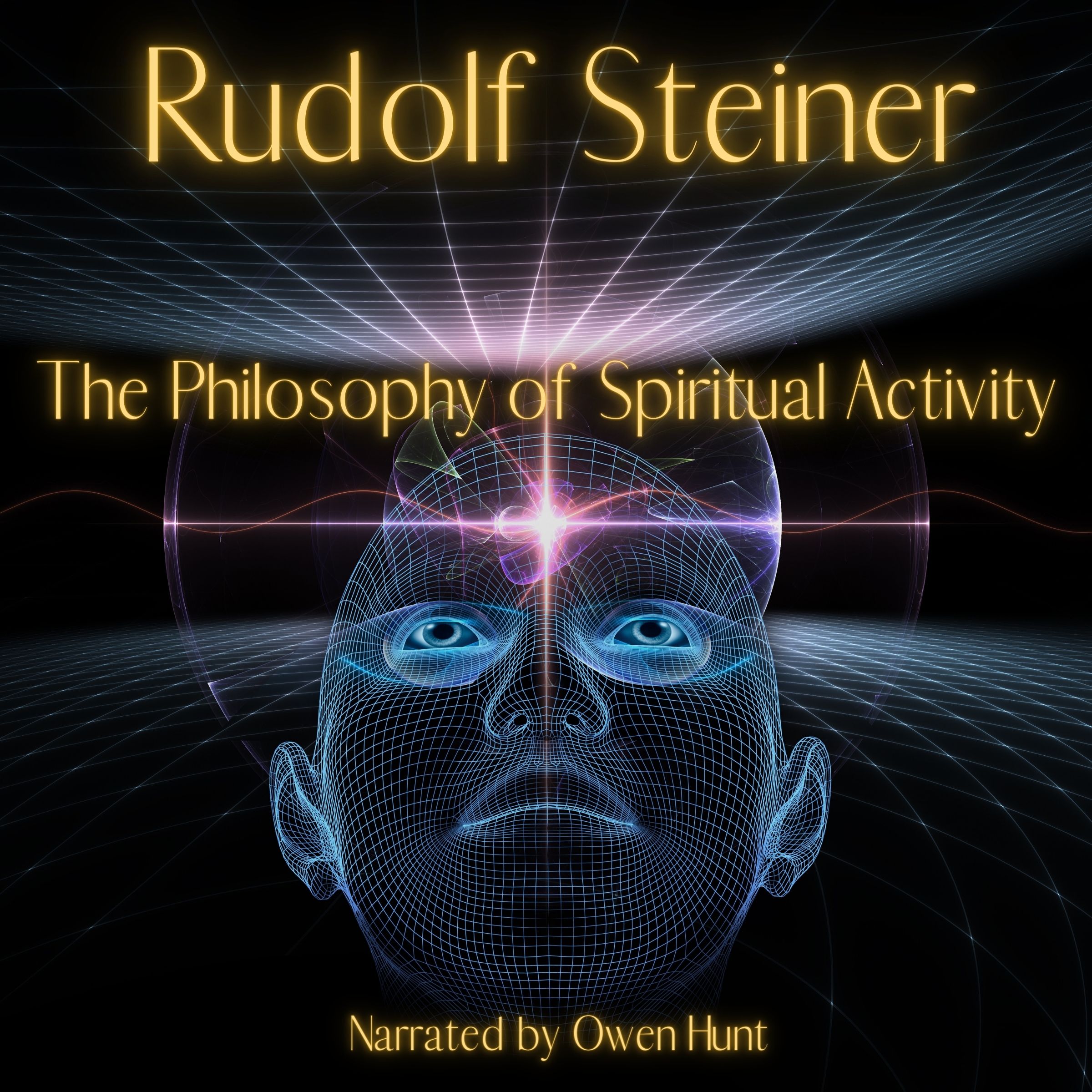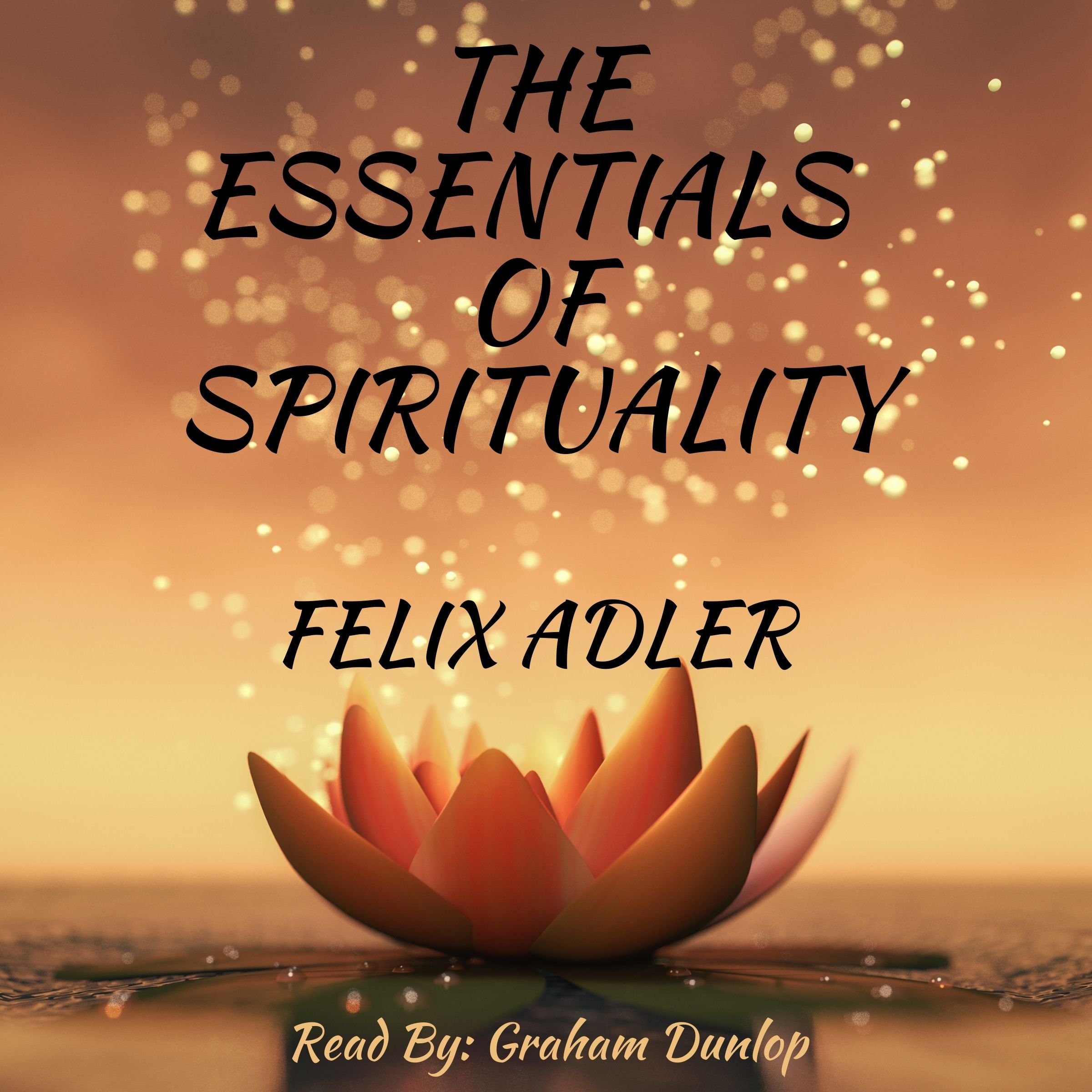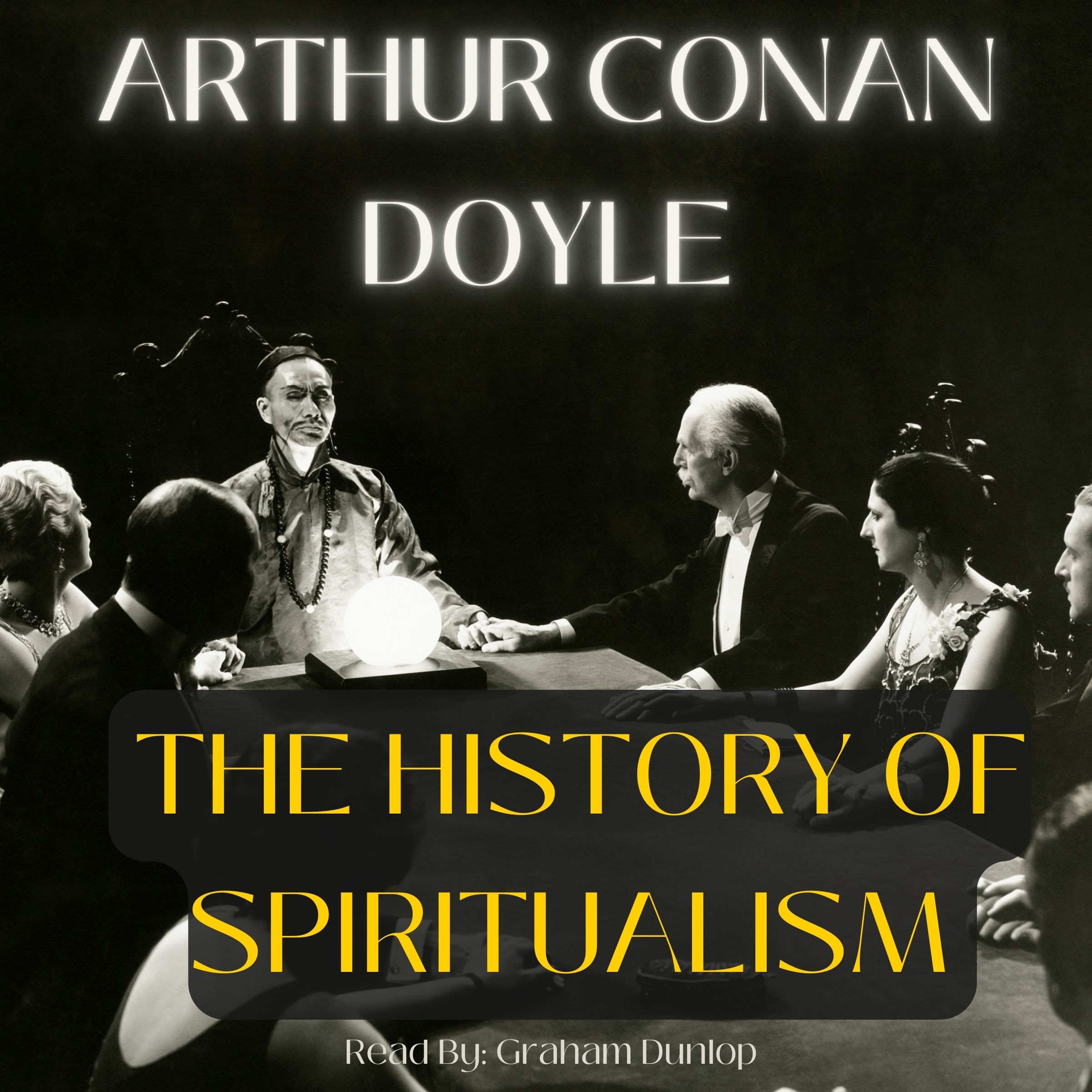The Philosophy of Spiritual Activity – Read by the amazing Owen Hunt @bootsygreenwood Now in Audio, on Audible and everywhere else!
Of all of his works, The Philosophy of Spiritual Activity is the one that Steiner himself believed would have the longest life, and the greatest spiritual and cultural consequences. It was written as a phenomenological account of the results of observing the human soul, according to the methods of natural science.
This seminal work asserts that free spiritual activity (understood as the human ability to think and act independently of physical nature) is the suitable path for human beings today, to gain true knowledge of themselves and of the universe. This is not merely a philosophical volume, but rather a warm, heart-oriented guide to the practice and experience of living thinking.
Listeners will not find abstract philosophy here, but a step-by-step account of how a person may come to experience living, intuitive thinking – “the conscious experience of a purely spiritual content”.
The Theory of Freedom
I. CONSCIOUS HUMAN ACTION – 00:00
II. WHY THE DESIRE FOR KNOWLEDGE IS FUNDAMENTAL – 29:10
III. THOUGHT AS THE INSTRUMENT OF KNOWLEDGE – 46:06
IV. THE WORLD AS PERCEPT – 1:23:13
V. OUR KNOWLEDGE OF THE WORLD – 2:05:08
VI. HUMAN INDIVIDUALITY – 2:47:29
VII. ARE THERE ANY LIMITS TO KNOWLEDGE? – 3:00:11
The Reality of Freedom
VIII. THE FACTORS OF LIFE – 3:40:14
IX. THE IDEA OF FREEDOM – 3:53:57
X. MONISM AND THE PHILOSOPHY OF SPIRITUAL ACTIVITY – 4:43:38
XI. WORLD-PURPOSE AND LIFE-PURPOSE (THE DESTINY OF MAN) – 5:01:46
XII. MORAL IMAGINATION (DARWIN AND MORALITY) – 5:12:58
XIII. THE VALUE OF LIFE (OPTIMISM AND PESSIMISM) – 5:38:22
XIV. THE INDIVIDUAL AND THE GENUS – 6:34:55
Ultimate Questions
XV. THE CONSEQUENCES OF MONISM – 6:43:51
Truth and Science
I. PRELIMINARY OBSERVATIONS – 7:06:03
II. THE FUNDAMENTAL PROBLEM OF KANT’S THEORY OF KNOWLEDGE
III. THEORY OF KNOWLEDGE SINCE KANT
IV. THE STARTING-POINTS OF THE THEORY OF KNOWLEDGE
V. KNOWLEDGE AND REALITY
VI. THEORY OF KNOWLEDGE WITHOUT PRESUPPOSITIONS VERSUS FICHTE’S THEORY OF
SCIENCE
VII. CONCLUDING REMARKS: EPISTEMOLOGICAL
VIII. CONCLUDING REMARKS: PRACTICAL
ADDITION TO THE REVISED EDITION OF “THE PHILOSOPHY OF FREEDOM,” 1918
REVISED INTRODUCTION TO “PHILOSOPHY OF FREEDOM”
PREFACE TO THE ORIGINAL EDITION OF “TRUTH AND SCIENCE”
INTRODUCTION TO ORIGINAL EDITION OF “TRUTH AND SCIENCE”
Podcast (audiobooks): Play in new window | Download
Adultbrain Premium: (Protected Content)





